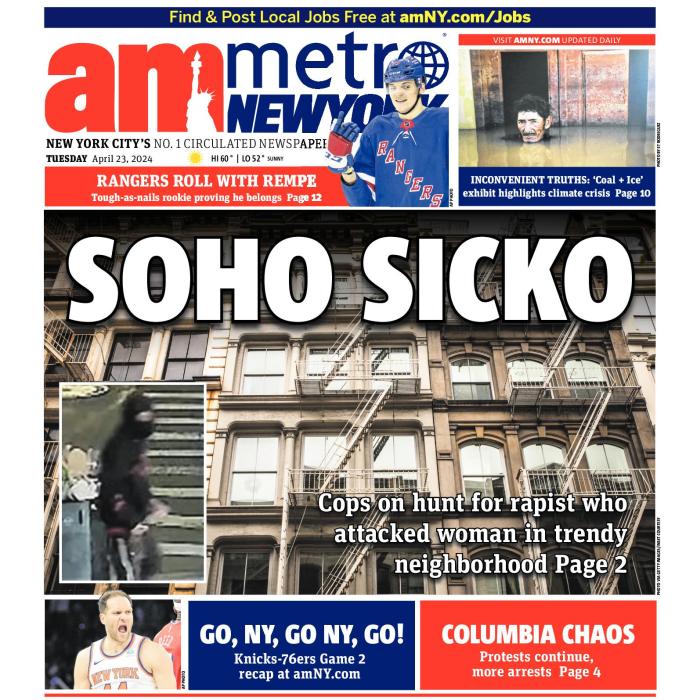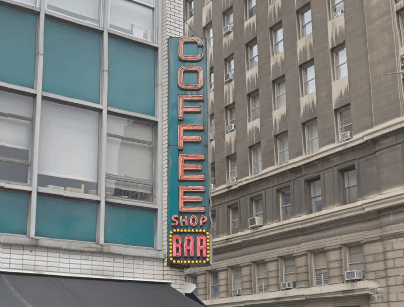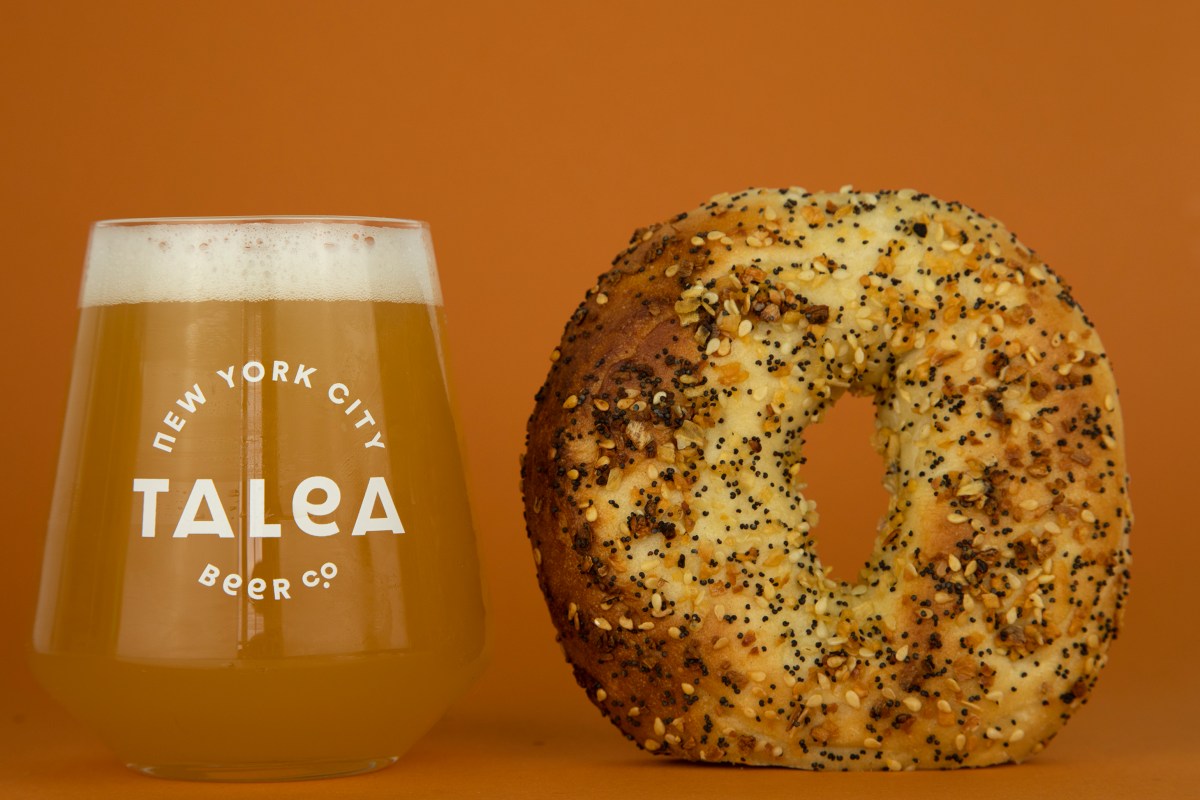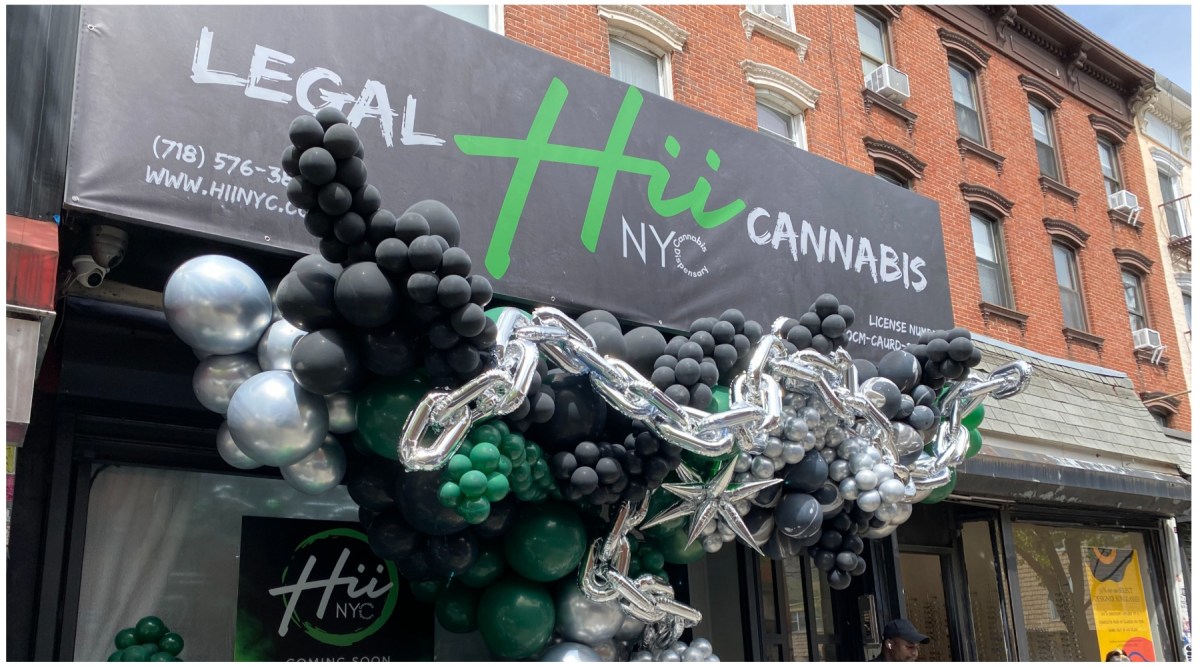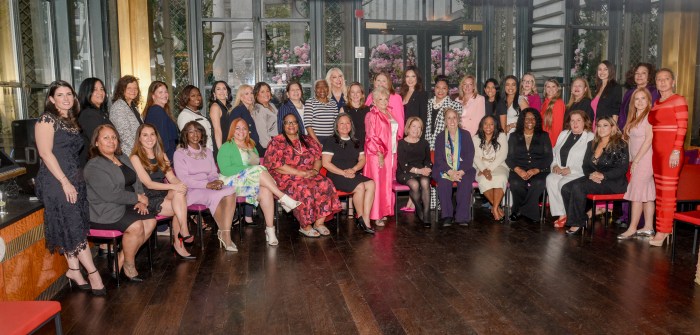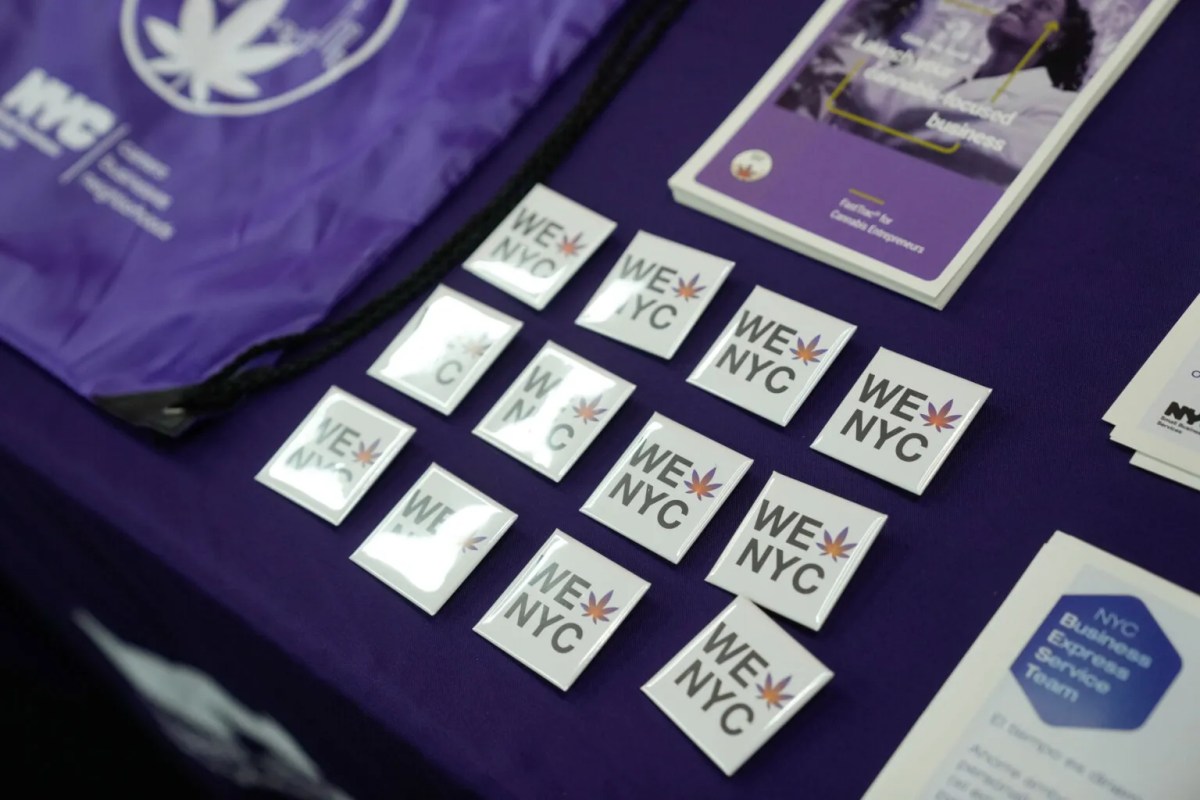BY MICAELA MACAGNONE | The Coffee Shop, the Brazilian-American diner, was a Union Square staple and a second home for models. After being open 28 years, it closed last October.
Forbes reported that Coffee Shop was one of the 100 highest grossing independent restaurants in the U.S. in 2017, raking in roughly $14.3 million in annual sales. Even so, the chic eatery was not able to break even.
Charles Milite, Coffee Shop’s co-owner and president, told Forbes that rent ate up 27 percent of the place’s gross revenue. Plus, he said, the $2-per-hour minimum wage hike that was set to take place last December would have added $46,000 to the restaurant’s monthly payroll, or more than half a million dollars a year.
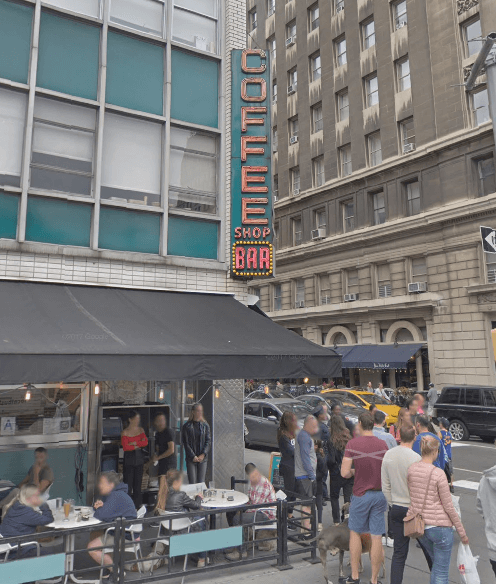
“When a restaurant is one of the top-ranked restaurants in America, sales-wise, and can no longer afford to operate, you have to look at that and say there’s a shifting paradigm in the business,” he told Forbes.
Some part of the former Coffee Shop space will now be turned into a Chase bank branch. An application for the bank was approved by the U.S. Department of Treasury on June 4, Jeremiah’s Vanishing New York blog first reported.
Andrew Rigie, director of the NYC Hospitality Alliance, described Coffee Shop as an iconic New York City restaurant whose closure is another example of the city’s expensive and complicated regulatory environment. He stressed that systems that protect small businesses, like the restaurant-industry tip credit — which allows restaurants to pay $10 an hour if employees’ tips meet or exceed minimum wage — must be preserved. Rigie said eliminating the tip credit would be an enormous financial burden for small businesses on top of their normal operating costs.
Rigie added that Mayor de Blasio’s recent push for two weeks’ paid time off for employees, “on top of the already existent one week paid time off, ” should not move forward.
“De Blasio should be figuring out how to support our small businesses, not how to make it harder for them to survive,” he said.
Rigie added, though, if people view two weeks’ paid time off as a moral imperative, then the city should subsidize it.
“We cannot address large societal issues on the backs of small business owners,” he emphasized. “Vacant storefronts and big chains are unrecognizable from what New Yorkers love.”
Rigie’s NYC Hospitality Alliance represents restaurants and nightlife venues throughout the five boroughs. He said he would love to see another local restaurant in the Coffee Shop space, because that is what makes New York special and gives us our culture. He said while a Chase bank is great if you want to deposit money, it will never replace the culture created by New York businesses, like restaurants and nightlife.
Gail Fox, former co-chairperson of the Union Square Community Coalition, said she was disappointed by Coffee Shop’s closing, yet was not viewing its demise “so broadly.” She noted the place closed, in part, because one of the owners was moving out of the city. Asked if she saw the loss of the hot spot as part of a larger trend, she said no since it was not solely an issue of rent and there have been many restaurants that have “moved on” from the still “vibrant” Union Square community.
That said, she hopes the Chase bank is small — an ATM would be enough for her — and that the space remains a food business, like a small food court.
“You were surrounded by aspiring actresses and models,” Fox recalled fondly of Coffee Shop. “The owners were most gracious to the community. And the food was the kind that would make you want to stop in.”
She hopes that what enters the space lends itself to the community in the same way Coffee Shop did.
Jennifer Falk, executive director of the Union Square Partnership Business Improvement District, declined to comment on the Coffee Shop space. A BID rep sent a list of new businesses in the neighborhood, and cited the BID’s Q2 Biz and Broker report, which said, “The BID’s ground-floor retail vacancy rate remains one of the lowest anywhere in New York City, at just 4 percent at the beginning of the second quarter of 2019.”
